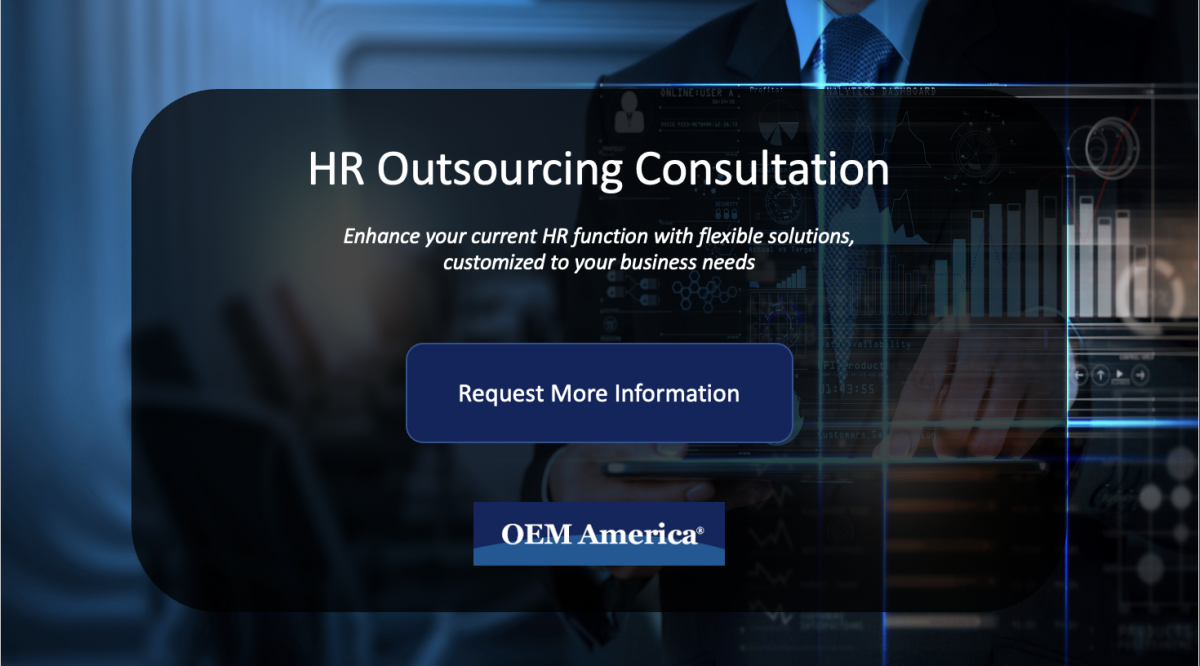6 Common HR & Payroll Mistakes
As an employer, human resources (HR) is a critical part of your business. This department is responsible for keeping employee records, paying employees properly, and making sure the business is complying with state and federal laws. With all the different aspects and rules that go into HR & payroll, it is easy for employees to make mistakes. Here are the 6 most common HR & payroll mistakes that businesses tend to make.
Employee Information Errors
One of the most common HR mistakes businesses make is having incorrect employee information. Employers can often have outdated information about employees. Having independent contractors on your team makes it easy for HR to make the mistake of confusing them for payroll employees and vice versa. This common mistake results in incorrect tax information for employees, leading to missing 1099 forms when tax season rolls around. Misclassifying employees for independent contractors will leave the employee without overtime pay and benefits, so it is important to not confuse classifications when it comes to employment status.
Overpaying for Benefits
In today’s job market, employees want considerable benefits in the line of full-time work. When businesses are scoping for new recruits, they want to offer good benefits to draw new employees. Businesses make the mistake of overpaying for benefits by not utilizing PEO. Businesses who partner with PEO pay less for benefits coverage for employees like health insurance and retirement plans. PEO’s take advantage of having many businesses as partners, which in turn offers lower coverage costs for benefit packages. Small companies will benefit the most from this, as larger companies tend to pay less for benefit packages due to their substantial number of employees.
Not Knowing the Laws
The laws regarding the processes of HR are subject to change. It is HR’s responsibility to keep up on state and federal laws that change regarding their job. Staying up to date on laws like FLSA and FCRA is crucial for businesses. Businesses must also keep records of their payroll, usually at least three years worth of data according to standard federal law.
There are laws regarding which employees qualify for overtime and those who do not, that last changed in 2019. The many laws that HR must follow can get confusing for employees, often leading to mistakes. Every quarter, there are IRS tax payment deadlines that HR is required to follow. Failure to follow these deadlines can result in penalties for the business. Not knowing the laws can become costly and illegal, so it is best for HR to constantly be aware of changing state and federal guidelines.
Failure to Process Child Support and Other Levies
Failing to withhold payments from employee’s paychecks can be a common mistake for employees in HR. Employers should be aware and hang onto any income withhold notices they receive for their current employees. Each state varies regarding their laws about income withholding notices, but employers need to be aware that it will be their liability if the money is not properly withheld.
Employers will have to repay the damages if payroll makes the mistake of failing to withhold pay. Some other common causes for wage garnishment include unpaid medical bills, outstanding court fees, or credit card debt. When employers receive a “writ of garnishment”, it is now the employer’s responsibility to calculate and pay the dues straight from the employee’s paycheck. It is easy for employees in HR to make wrong calculations or forget to withhold pay altogether.
Payroll & Tax Errors
One mistake that is seen too often in HR and payroll is failing to pay employees correctly and not reporting all forms of taxable employee compensation. Miscalculating overtime pay and not tracking employee hours can hurt your business and end up costing you in the end. Having incomplete records for employees will increase your risk of making payroll mistakes.
Be sure to update tax rates and process pay roll on time, as it is common for HR to forget to include new tax rate updates. All forms of employee compensation must be reported, including stock options and the use of employee vehicles. Although it may not seem like a taxable event in your eyes, it is considered a taxable event in the eyes of the IRS.
Note: Be aware of upcoming holidays as this can affect your payroll since banks are closed on major holidays.
Overcomplicating HR
It’s 2022, there is no reason you should be overcomplicating the process of payroll and HR! The use of technology in HR has simplified data taking and allowed for automation of routine tasks. Compliance with policies is more efficient with cloud-based solutions that are now available for HR. The integration of technology in HR has improved employee security, as there is no need for physical files any longer. Businesses who continue to file important documents by paper are overcomplicating HR. Outsourcing your HR department is a great option for businesses who wish to simplify the process and have less administrative responsibilities. Using technology to your advantage in HR and payroll will leave you less likely to make mistakes.
Go Back
